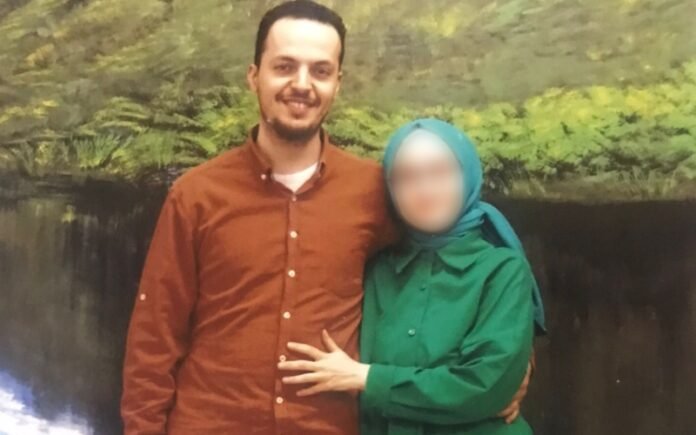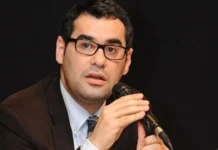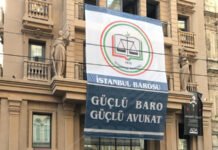Mustafa Aytaç, an inmate at a prison in the western Turkish province of Afyon, remains incarcerated despite suffering from cancer and a medical report indicating a high probability of death, the Kronos news website reported on Thursday.
Diagnosed with cancer in March, Aytaç has experienced a severe deterioration in his health and has recently been hospitalized. He is reportedly in urgent need of a stem cell transplant to survive.
The medical report emphasizes the severity of Aytaç’s condition: “There is a risk of death due to complications arising from the disease and the medications used. It is crucial for the patient to live in a clean, hygienic and uncrowded environment during this process to ensure their health and well-being. During this period, the patient requires support from a caregiver as well as necessary nutrition and psychological encouragement and motivation.”
Aytaç’s family has applied to Turkey’s Council of Forensic Medicine (ATK), a government institution that operates under the Ministry of Justice responsible for providing forensic medical expertise to the Turkish judicial system. However, the ATK has not yet responded to the application.
The ATK frequently comes under criticism over its questionable reports that find ailing inmates fit to remain in prison. Rights advocates slam the agency over its lack of independence from political influence and its role in compounding the persecution of political prisoners.
Turkey’s prison system is notorious for its poor conditions, particularly for ailing inmates and the issue of overcrowding. Every year, rights groups report the death of dozens of sick prisoners, either while behind bars or shortly after their belated release, which often comes at the end-stage of their illnesses.
Aytaç was sentenced to over seven years in prison in 2022 due to his alleged affiliation with the faith-based Gülen movement based on helping the families of people who were removed from their jobs by an emergency decree following a July 15, 2016 coup attempt as well as organizing religious meetings with the members of the movement.
President Recep Tayyip Erdoğan has been targeting followers of the Gülen movement, inspired by Muslim cleric Fethullah Gülen, since the corruption investigations of 2013, which implicated then-prime minister Erdoğan, his family members and his inner circle.
Dismissing the investigations as a Gülenist coup and conspiracy against his government, Erdoğan designated the movement as a terrorist organization and began to target its members. He intensified the crackdown on the movement following the abortive putsch that he accused Gülen of masterminding. Gülen and the movement strongly deny involvement in the coup attempt or any terrorist activity.
Following the coup attempt, the Turkish government declared a state of emergency and carried out a massive purge of state institutions under the pretext of an anti-coup fight. More than 130,000 public servants, including 4,156 judges and prosecutors, as well as 24,706 members of the armed forces, were summarily removed from their jobs for alleged membership in or relationships with “terrorist organizations” by emergency decree-laws subject to neither judicial nor parliamentary scrutiny.















